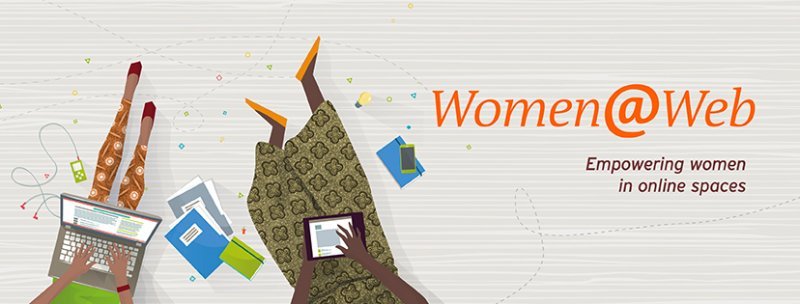By WomenAtWebUg |
Efforts to improve digital rights and digital literacy among more women in Africa should be supported by a thorough understanding of the online and offline social structures that influence the extent to which women can be active participants in the digital arena. This is key to realising Goal five of the Sustainable Development Goals which aims to achieve gender equality and empower all women and girls, who have historically been in a position of disadvantage for various reasons including cultural norms, lack of economic opportunity, and low literacy.
Across Africa, various discussions continue to reiterate how obstacles such as unequal access to finance, education and tech devices inhibit many women from participating in the digital society. However, beyond governments, additional efforts are required by other stakeholders including civil society, the tech community, academia, and the private sector to address these gaps. It is against this background that the Women At Web Alliance was initiated in October 2017 with an aim to improve digital literacy among African women, with a focus on Kenya, Tanzania, Rwanda, and Uganda. With support from Deutsche Welle (DW) Akademie, in Uganda an alliance of five organisations is working to strengthen the skills of women through digital security workshops, raising awareness on digital rights, and building digital literacy skills. As part of this work, Chapter Four, the Collaboration on International ICT Policy for East and Southern Africa (CIPESA), the Defenders Protection Initiative (DPI), Not your Body and Unwanted Witness conducted research into the nature of challenges faced by Ugandan women who are active online, and manifestations of cyber Violence Against Women (VAW). The results of the study are intended to be used to address these challenges, including through the improvement of digital literacy among more Ugandan women, policy development, and informing responsive safety mechanisms.
Women in Uganda face various challenges that undermine their use of the web and other Information and Communications Technology (ICT). These challenges mirror the impediments which women face in the offline world, be it in access to education and economic opportunities, participation in civic processes, or in claiming their freedom of expression and assembly.
Despite a large gender disparity in digital access, more women face various forms of online violence than their male counterparts, which has continuously undermined their participation online. The absence of laws designed to specifically address the various forms of digital violence (such as revenge pornography, trolling, and threats) and the lack of sufficient in-country reporting mechanisms, exacerbate these challenges and often result in many women being forced to go offline or resorting to self-censorship. Additional consequences of cyber VAW mentioned included psychological, emotional and the physical abuse.

